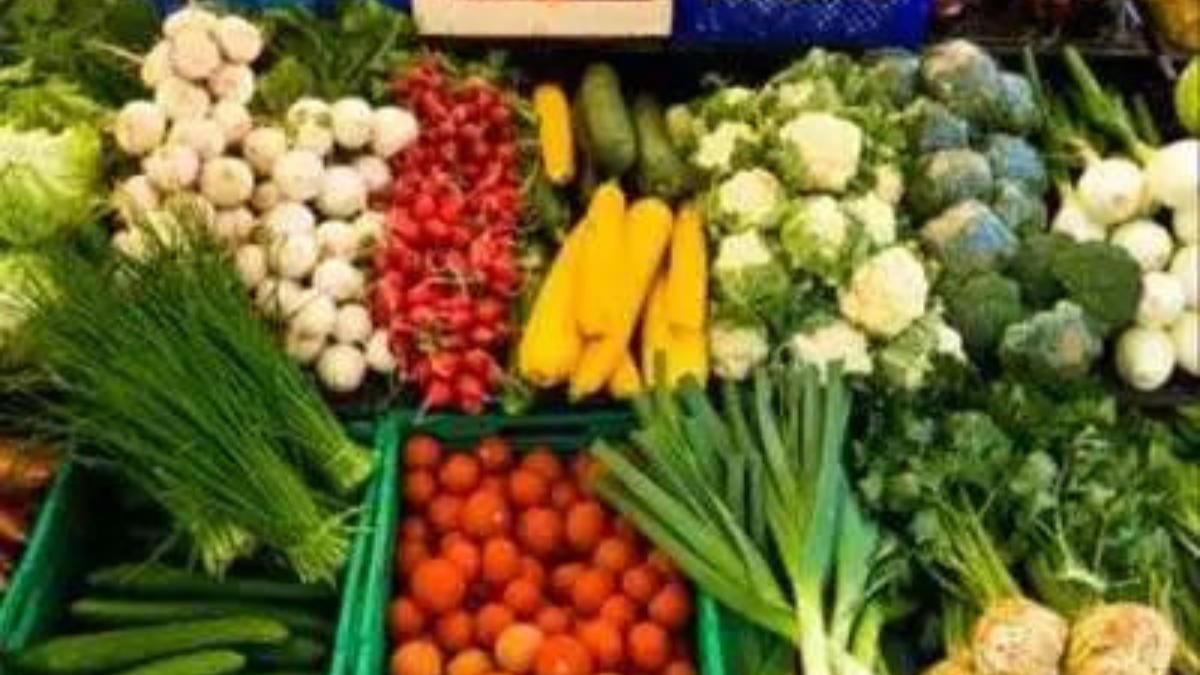Vegetables are a staple food group consumed worldwide, providing essential nutrients and contributing significantly to food security. Among the countries that excel in vegetable production, China stands out as the undisputed leader. This article explores China’s dominance in vegetable production, examining the factors that contribute to its success and its impact on global agriculture.
Worldwide Vegetable Production
Worldwide vegetable production amounts to approximately 11.43 billion metric tons annually. China leads the global production, contributing around 749 million tons, making it the largest vegetable producer by a significant margin. This substantial output highlights China’s critical role in global agriculture, providing a major portion of the world’s vegetable supply and underscoring the importance of its agricultural sector in ensuring food security and diversity worldwide.
Most Vegetable Producing Country in the World
China is the world’s leading vegetable producer, accounting for approximately 50% of global production with an annual output of around 749 million tons. The country’s diverse climate, fertile soil, and extensive agricultural investments drive this massive production. Popular vegetables include Chinese cabbage, cucumbers, potatoes, bitter melon, and soybean sprouts. Despite the benefits, this large-scale farming poses environmental challenges such as soil degradation and pollution.
Diverse Vegetable Crop Variety
One of the strengths of China’s vegetable production is its diversity. The country cultivates a wide array of vegetables, including:
- Leafy Greens: Spinach, bok choy, and lettuce are staples in Chinese cuisine and a significant part of the agricultural output.
- Root Vegetables: Potatoes, sweet potatoes, and carrots are extensively grown, supporting both domestic consumption and export markets.
- Brassicas: Cabbage, broccoli, and cauliflower are commonly cultivated and consumed across the country.
- Fruit Vegetables: Tomatoes, cucumbers, and bell peppers thrive in China’s varied climatic zones.
Technological Advancement and Innovation
China has made substantial strides in agricultural technology, which have been pivotal in boosting vegetable production. Innovations include:
- High-Yield Varieties: Research institutions and universities collaborate to develop high-yield, pest-resistant vegetable varieties.
- Greenhouse Farming: Extensive use of greenhouses allows for year-round vegetable production, irrespective of external weather conditions.
- Irrigation and Fertilization Systems: Advanced irrigation techniques, such as drip irrigation, ensure efficient water usage, while precision fertilization optimizes nutrient supply.
Global Impact and Trade
China’s vegetable production not only meets domestic demand but also has a significant impact on global markets. The country is a major exporter of vegetables, supplying various types of produce to countries around the world. This global trade plays a crucial role in ensuring food security and diversity in many regions.



 Who is the Inventor of the Gramophone?
Who is the Inventor of the Gramophone?
 What is the State Song of Andhra Pradesh...
What is the State Song of Andhra Pradesh...
 National Investigation Agency (NIA): Its...
National Investigation Agency (NIA): Its...
